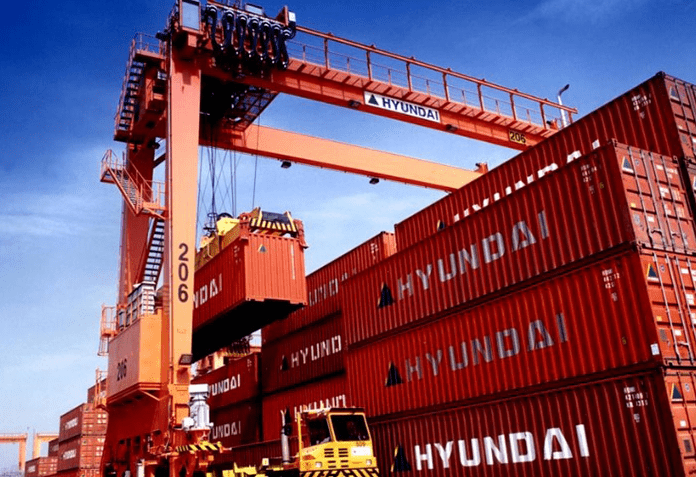The Chinese government reported that it will issue regulations on the Export Control Law, according to a report by the World Trade Organization (WTO).
The report summarizes the environment for this announcement as described below.
At first, on October 17, 2020, the Standing Committee of the National People’s Congress passed the Export Control Law, which came into effect on December 1, 2020.
Under Article 2 of the Law, export control refers to «prohibitions or restrictions on transfer of controlled items from the territory of the People’s Republic of China to overseas and the provision of controlled items by any citizen or incorporated or non-incorporated organization of the People’s Republic of China to any foreign organization or individual».
The Act defines “controlled items” to include dual-use items (with both civil and military applications), military products, and nuclear products.
In addition, «controlled items» include «other goods, technologies, services that are related to the maintenance of security and national interests and the implementation of international obligations such as non-proliferation.»
It also requires exporters to provide documentation establishing the intended end use and end user of controlled items to be issued by the end user or the government at the end user’s location.
End users must agree not to change the end use or transfer the item to any third party without authorization from the Chinese export control authorities.
Likewise, exporters and importers are required to report any potential change in end use or end user.
Export control
While the previous export control framework remains in place in a series of fragmented lists of items, the new Export Control Law provides for the establishment of a single framework to restrict exports of controlled items through published control lists.
According to the authorities, China has formulated six laws and administrative regulations on export control, including the Administrative Regulations on Controlled Chemicals, the Regulations on Nuclear Export Control, the Administrative Regulations on the Export of Military Products, the on Export Control of Nuclear Dual-Use Items and Related Technologies, the Regulations on the Control of Exports of Missiles and Missile-Related Items and Technologies, and the Regulations on the Control of Exports of Biological Dual-Use Items and Equipment and Related Technologies.
Regulations
Specific export control lists were also published. In addition to established control lists, the new legislation authorizes export control authorities to list items for «temporary controls» for a provisional period of up to two years before determining whether to place the items on a control list.
The authorities indicate that China is in the process of formulating supporting regulations and will issue more regulations at a later stage.
In addition to item-based control lists, the Act provides for the establishment of control lists of foreign business entities that are found to be in one of the following cases: violating end-user or end-use restrictions; “possibly endanger national security and interests”; or use controlled elements for terrorist purposes.
Chinese exporters will not be allowed to deal with foreign business entities on the controlled list.
However, they may request exemptions under certain conditions, in accordance with the Law.
Exporters must apply for an export license from the relevant export control authority in order to export any item included in a control list or subject to temporary controls.
Article 13 of the Law establishes that the approval or disapproval of exports will be based on eight criteria: security and national interests, international obligations and external commitments, the type of exports, the sensitivity of the controlled articles, the countries or regions targeted, end users and end uses, relevant credit history of exporting companies, and “other factors stipulated by laws and administrative regulations”.
National security
In the case of goods, technologies and services other than those included in the export control list and temporarily controlled items, an exporter must apply to the national export control authorities for an export license, if the exporter knows or should know, or if you have been notified by the national export control authorities, that the relevant goods, technologies and services may endanger national security and interests, or may be used for the design, development, production or use of weapons of mass destruction and their delivery systems, or can be used by terrorism.
According to the Law, China can reciprocally take action, according to actual circumstances, if any country or region «abuses» its export control measures in a way that endangers China’s security and national interests.
![]()

